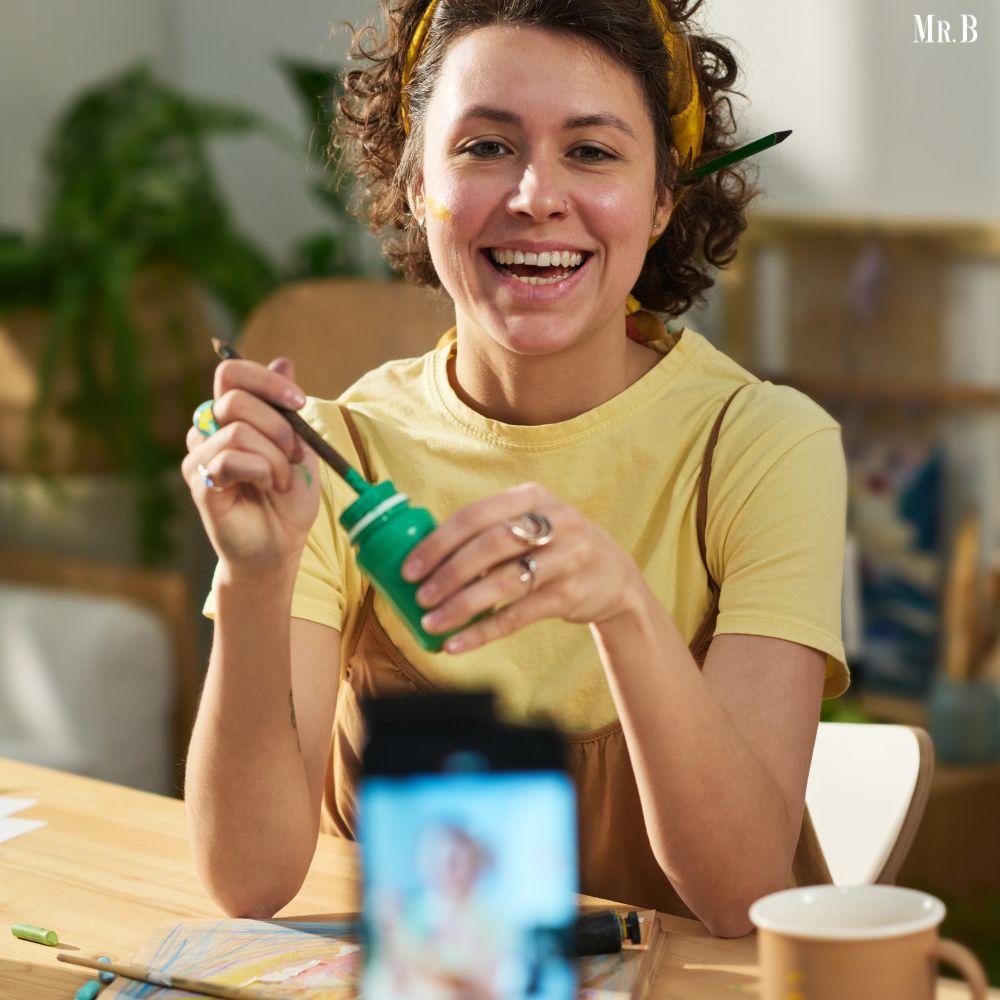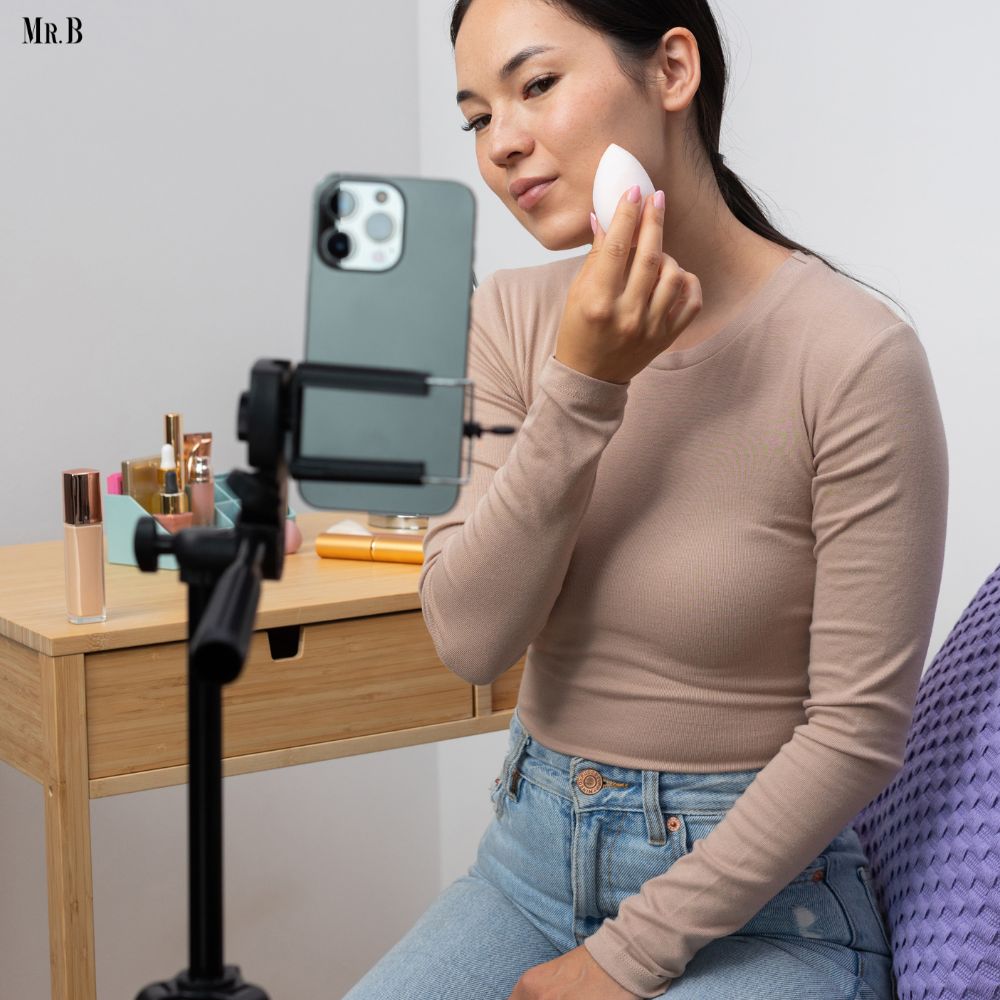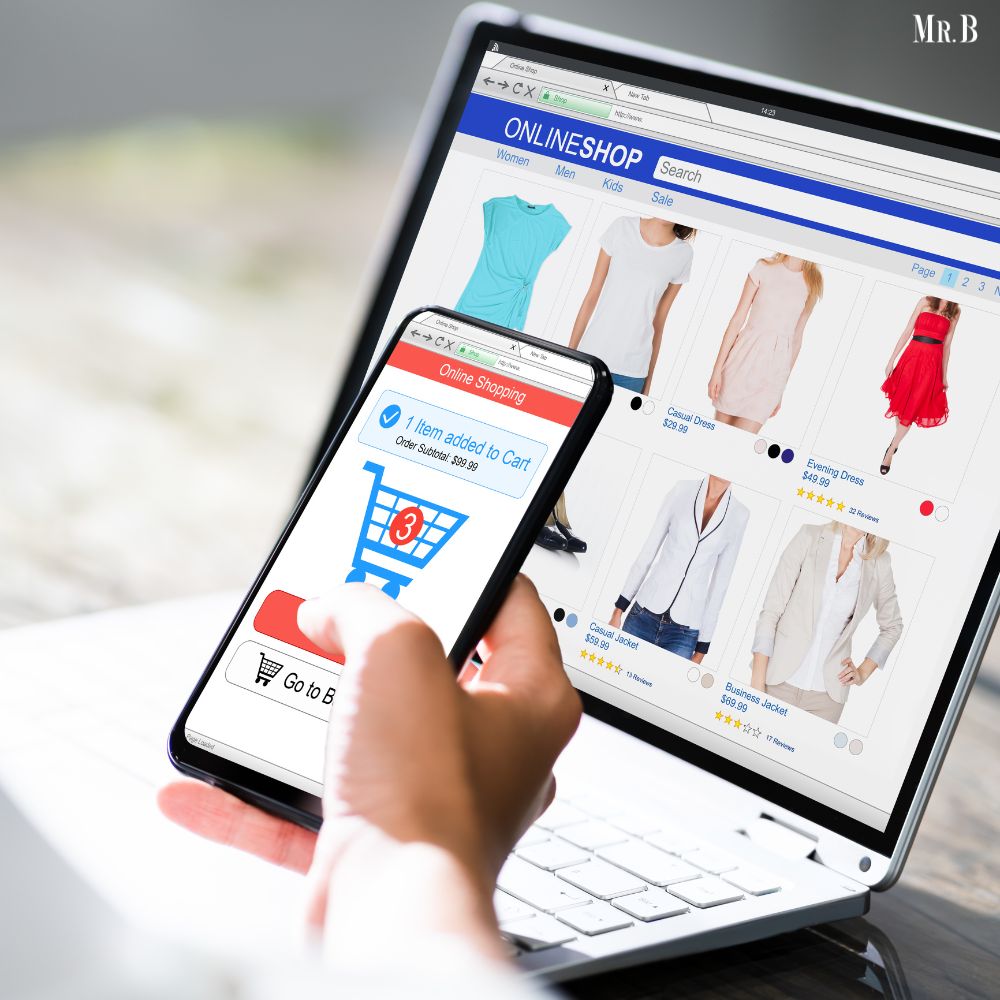Unveiling the Impactful Realm of UGC Campaigns

- Category: Marketing

In the dynamic landscape of digital marketing, User-Generated Content (UGC) has emerged as a powerful force, reshaping how brands connect with their audiences. UGC campaigns, in particular, have gained prominence for their ability to foster authenticity, engagement, and community involvement. This article delves into the nuances of UGC campaigns, exploring their evolution, effectiveness, best practices, and the future trends that define this burgeoning field.
Evolution of UGC Campaigns
User-Generated Content, by definition, refers to any form of content—text, images, videos, reviews, etc.—created by users or consumers rather than by the brand itself. What began as informal sharing on social media platforms has evolved into strategic campaigns orchestrated by brands to leverage the power of authentic user endorsements.
The rise of social media platforms such as Facebook, Instagram, Twitter, and TikTok has been instrumental in the proliferation of UGC. These platforms provide users with easy-to-use tools to create and share content, amplifying their voices and influence. Brands quickly realized the potential of tapping into this organic content to build trust and credibility among their target demographics.
Effectiveness of UGC Campaigns
The effectiveness of UGC campaigns lies in their ability to resonate with audiences on a personal level. Here are some key benefits:
1. Authenticity:
Consumers trust recommendations from peers more than traditional advertising. UGC provides genuine insights and experiences, which can significantly enhance brand credibility.
2. Engagement:
UGC encourages active participation from consumers, fostering a sense of community and belonging. This engagement can lead to increased brand loyalty and advocacy.
3. Cost-Effective:
Compared to traditional marketing campaigns, UGC campaigns can be relatively inexpensive to implement. Brands save on content creation costs while benefiting from user-generated content freely shared across social networks.
4. Reach and Virality:
Compelling UGC has the potential to go viral, exponentially increasing brand visibility and reach. A single user-generated post can reach thousands or even millions of individuals, far surpassing the scope of paid advertising efforts.
Best Practices for Implementing UGC Campaigns

While the benefits of UGC campaigns are evident, successful implementation requires careful planning and execution. Here are some best practices:
1. Define Clear Objectives:
Whether it’s increasing brand awareness, driving sales, or improving customer loyalty, clearly define your campaign’s objectives to align UGC efforts with broader marketing goals.
2. Incentivize Participation:
Encourage users to create content by offering incentives such as discounts, exclusive access, or recognition. This motivates users to actively engage with your brand and share their experiences.
3. Maintain Brand Consistency:
While UGC thrives on authenticity, ensure that content aligns with your brand values and messaging. Provide guidelines or themes to guide users while preserving their unique perspectives.
4. Leverage Multiple Platforms:
Utilize a variety of social media platforms and digital channels to amplify UGC. Each platform offers unique opportunities for content creation and engagement, catering to diverse audience preferences.
5. Monitor and Engage:
Actively monitor UGC posts, engage with users, and acknowledge their contributions. This demonstrates appreciation and encourages continued participation.
Case Studies: Success Stories in UGC Campaigns
Several brands have effectively leveraged UGC to achieve remarkable results:
1. GoPro:
The action camera company GoPro encourages users to share their thrilling experiences captured with GoPro cameras. This UGC not only showcases the product in action but also builds a community around adventure and exploration.
2. Starbucks:
Starbucks launched the #RedCupContest on Instagram, inviting customers to decorate their iconic red cups and share photos. This campaign not only generated thousands of creative entries but also fueled seasonal excitement and customer engagement.
3. Apple:
Apple’s “Shot on iPhone” campaign features stunning photographs taken by iPhone users worldwide. By highlighting the quality of iPhone cameras through authentic user content, Apple reinforces its brand as synonymous with creativity and innovation.
Future Trends in UGC Campaigns
Looking ahead, several trends are poised to shape the future of UGC campaigns:

1. Video Dominance
: With the rise of platforms like TikTok and Instagram Reels, video content will continue to dominate UGC. Brands will increasingly harness short-form videos for storytelling and brand promotion.
2. Interactive and Augmented Reality (AR):
Interactive content and AR filters allow users to engage with brands in innovative ways. Expect to see more UGC campaigns integrating these technologies to enhance user experiences.
3. Micro-Influencers:
Brands are shifting towards collaborating with micro-influencers—individuals with smaller, niche followings but high engagement rates. These influencers often create highly authentic and relatable UGC that resonates with specific audience segments.
4. Privacy and Data Concerns:
As regulations on data privacy tighten, brands will need to navigate the ethical implications of UGC collection and usage. Transparency and consent will be critical to maintaining trust with consumers.
The Future Landscape of UGC Campaigns
As we navigate through an increasingly digital and interconnected world, the evolution of User-Generated Content (UGC) campaigns continues to unfold with new trends and innovations. These developments are not merely reshaping marketing strategies but are also influencing consumer behaviors and expectations. Let’s delve deeper into what the future holds for UGC campaigns and how brands can leverage these trends to stay ahead.
1. Integration of AI and Personalization
Artificial Intelligence (AI) is revolutionizing how brands analyze and utilize UGC. Advanced AI algorithms can sift through vast amounts of user-generated content to extract valuable insights about consumer preferences, sentiments, and trends. This data-driven approach enables brands to personalize their marketing efforts, delivering tailored content that resonates with individual consumers.
Moreover, AI-powered tools can facilitate real-time moderation of UGC, ensuring that only appropriate and brand-aligned content is showcased. This proactive approach not only enhances brand safety but also maintains the integrity and authenticity of UGC campaigns.
2. Ephemeral Content and Stories
The popularity of ephemeral content, such as Instagram Stories and Snapchat Snaps, continues to rise. These temporary posts create a sense of urgency and exclusivity, compelling users to engage with content before it disappears. Brands are increasingly leveraging ephemeral content for UGC campaigns, encouraging users to share their experiences in real-time.
Ephemeral content also encourages authenticity, as it often captures spontaneous moments and genuine reactions from users. Brands can harness this immediacy to showcase live events, product launches, or behind-the-scenes glimpses, fostering a deeper connection with their audience.
3. User-Generated Video Content
Video content remains a dominant force in digital marketing, with platforms like TikTok, YouTube, and Instagram Reels driving its popularity. User-generated videos offer a compelling medium for storytelling, allowing brands to showcase products in use, customer testimonials, or creative interpretations of brand messages.
The accessibility of smartphones with high-quality cameras has democratized video creation, empowering users to produce professional-looking content effortlessly. Brands can capitalize on this trend by launching video-centric UGC campaigns that encourage users to share their narratives and experiences visually.
4. Gamification and Interactive Experiences
Gamification techniques are increasingly being integrated into UGC campaigns to enhance engagement and interaction. Brands can gamify content creation by hosting challenges, contests, or quizzes that prompt users to participate creatively. These interactive experiences not only capture attention but also encourage users to spend more time engaging with the brand.
Furthermore, augmented reality (AR) filters and interactive elements allow users to personalize their UGC, adding a layer of fun and novelty. By combining gamification with UGC, brands can create memorable experiences that resonate with their audience and foster deeper brand affinity.
5. Ethical and Sustainable UGC
In an era of heightened environmental and social consciousness, consumers are increasingly gravitating towards brands that demonstrate ethical practices and sustainability. UGC campaigns provide an opportunity for brands to align with these values by showcasing user-generated content that highlights eco-friendly products, charitable initiatives, or community involvement.
Transparency in UGC campaigns regarding sourcing, production processes, and ethical considerations will become essential for maintaining consumer trust. Brands that authentically integrate sustainability into their UGC strategies can not only attract environmentally conscious consumers but also contribute positively to societal well-being.
6. Integration with E-commerce and Social Commerce

The convergence of UGC with e-commerce and social commerce is transforming how consumers discover and purchase products online. UGC campaigns that feature user reviews, demonstration videos, or styling tips can significantly influence purchase decisions by providing authentic social proof.
Platforms like Instagram and Facebook are enhancing their shopping features, allowing users to seamlessly shop directly from UGC posts. Brands can optimize UGC for conversion by tagging products, including shopping links, or integrating user-generated content into their product pages.
7. Globalization and Cultural Sensitivity
As brands expand their global footprint, cultural sensitivity and localization will play a crucial role in UGC campaigns. User-generated content varies across regions and cultures, reflecting diverse perspectives, traditions, and values. Brands must navigate these nuances respectfully to ensure that UGC resonates authentically with international audiences.
Localization strategies, such as translating content, adapting cultural references, or collaborating with local influencers, can enhance the relevance and impact of UGC campaigns in different markets. By embracing cultural diversity, brands can foster inclusivity and strengthen their connections with global consumers.
Conclusion
The evolution of User-Generated Content campaigns represents a dynamic intersection of technology, creativity, and consumer empowerment. As brands continue to innovate and adapt to changing digital landscapes, UGC campaigns will remain a cornerstone of effective marketing strategies. By embracing trends such as AI-driven personalization, ephemeral content, user-generated video, gamification, ethical considerations, social commerce integration, and cultural sensitivity, brands can unlock new opportunities to engage audiences authentically and drive meaningful outcomes.
Looking ahead, the future of UGC campaigns promises continued evolution and innovation, driven by advancements in technology and shifting consumer behaviors. Brands that embrace these trends, remain agile, and prioritize authenticity in their UGC strategies will be well-positioned to succeed in a competitive and interconnected global marketplace.







